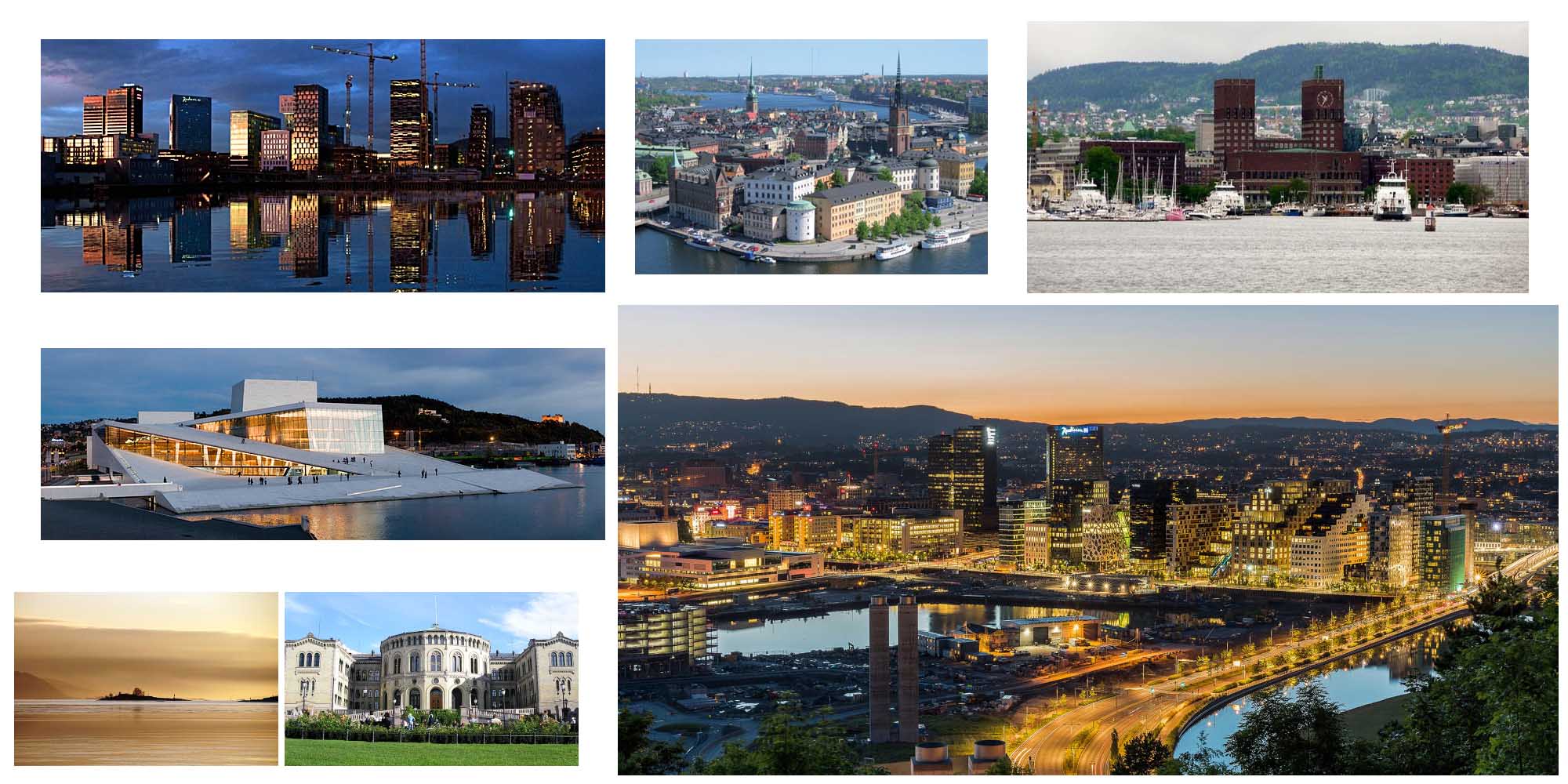Norway today
Discovery of oil fields in the North Sea at the end of the years 60. brought economic development, prosperity and increasing the quality of life. At that time, the Norwegian Labor Party came to power, which reigned for two decades. Labor has increased the role of central planning, introduced economic control, socialized medicine and state-funded higher education, what had, as the government wanted, be an example of "the most egalitarian social democracy in Western Europe”.
Nevertheless, modern Norway cannot be called a socialist state, because individual income is greatly reduced by high taxes, and most of the services and the use of infrastructure were also subject to considerable fees. Although owning a home is still considered a luxury (and is taxed accordingly), almost 80% Norwegians have their own homes.
W 1960 r Norway joined EFTA (European Free Trade Association). W 1972 r. The Norwegians voted against joining the EEC by a small majority. In years 80. the strong Norwegian economy has kept unemployment and social discontent from rising. November voting results 1994 r., when the Norwegians spoke out against joining the EEC successor, European Union, they resembled the result of the year 1972. They voted 'no” mainly owners of traditional farms and people working in fishing and fish processing, who wish to avoid competition from the larger and more technologically advanced member states of the union.
Despite the good condition of the Norwegian economy, 1995 r. the unemployment rate rose to 5,2% (without retraining). Currently, there is a trend towards increasing urbanization, especially in the north.
Although, Norway currently benefits from the union's concession, which granted it trade privileges as EFTA member (together with other European non-union countries – Iceland, Switzerland and Luxembourg), but the country is still outside the union and has so far refused to compromise on fisheries, whale hunting and other economic matters.
Most of the Norwegian voters are against receiving directives from Brussels and hope, that the country would retain both economic independence, as well as subsidies. However, many ordinary people, especially the inhabitants of cities and the south of the country, I realize, that Norway cannot remain isolated from the world economy forever.
